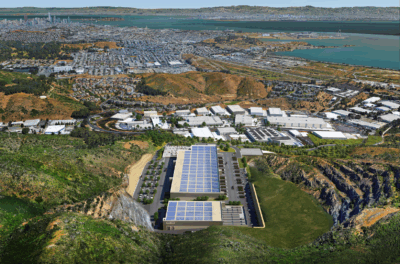Landmark Bay Area Council Housing Reform Legislation Wins Approval
Legislation co-sponsored by the Bay Area Council that promises to be among the most consequential and transformative in generations in removing obstacles to building new housing and blunting California’s worsening housing crisis today (June 30) won approval in the Legislature and was signed into law by Gov. Newsom, who had made the legislation a top priority.
AB 609 (Wicks), which was folded in AB 130 as part of the state budget, exempts most urban housing projects from environmental reviews under the California Environmental Quality Act and SB 607 (Wiener), which was mostly folded into AB 131, speeds up reviews for a range of projects, including infill housing. Winning passage of these two bills was the Council’s top legislative priority this year, and the Council mounted an intensive advocacy initiative in recent weeks to secure their passage.
“With these bills we are taking a sledgehammer to California’s unacceptable and self-inflicted housing shortage and affordability crisis, a crisis that is hurting millions of residents and holding us back economically,” said Jim Wunderman, President and CEO of the Bay Area Council. “We applaud the courageous leadership of Assemblymember Wicks and Sen. Wiener to take California in a bold new direction on housing. We also thank Gov. Newsom for his strong leadership in making housing affordability a top priority and wrapping these two bills into the budget to ensure speedy action. Thank you also to Senate President Pro Tem Mike McGuire and Speaker Robert Rivas for their leadership in ensuring passage of these bills. History will remember this day as the day we finally said ‘enough is enough’ to our housing crisis.”
In addition to co-sponsoring the two bills, the Council partnered with Assemblymember Wicks last year as she chaired the Select Committee on Permitting Reform whose work helped inform the legislation approved today. A report produced by the Bay Area Council Economic Institute underscored how California’s complex and outdated permitting system slows progress on housing, clean energy, transportation and other critical infrastructure projects, driving up costs, and making it harder for the state to meet its housing and climate goals.





